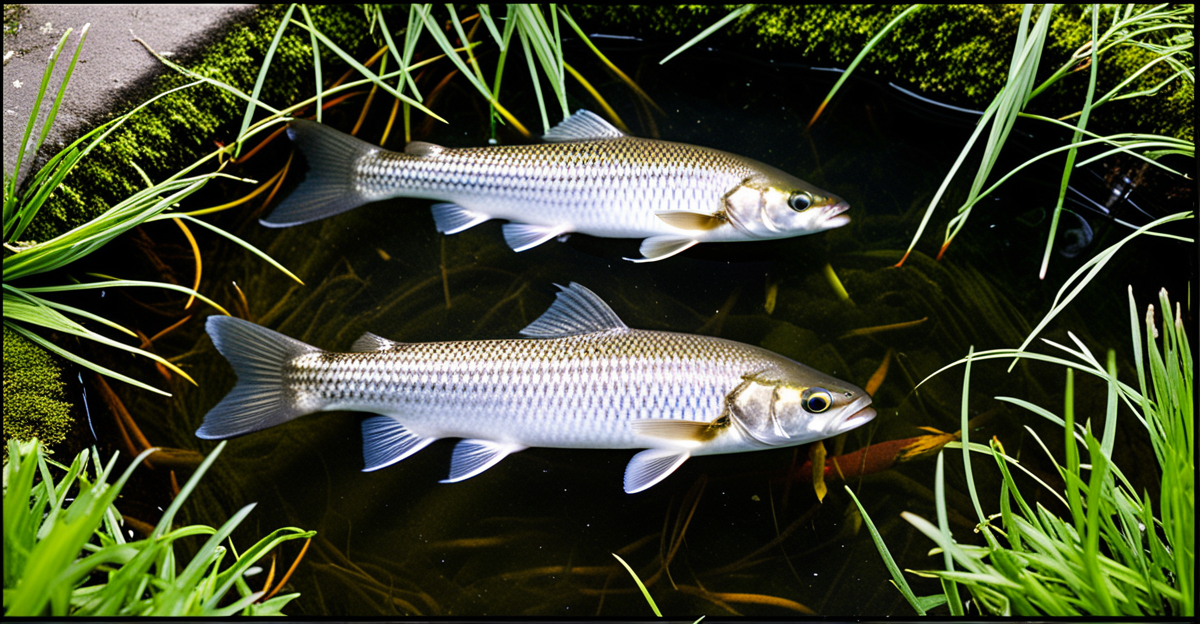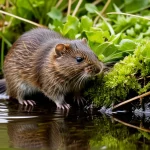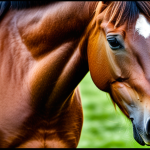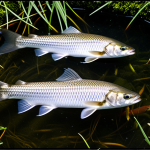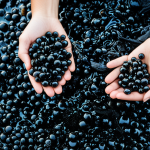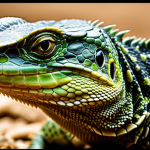Top Fish Varieties Suited to UK Ponds
Choosing the best fish for UK climate is crucial for maintaining a thriving pond ecosystem. Certain fish species are more reliable for outdoor UK ponds because they can withstand colder temperatures and seasonal changes. Among the UK pond fish that perform well are native species like the stickleback and roach, which naturally adapt to local conditions. Non-native varieties such as koi carp and goldfish also thrive, but you must consider pond size and depth to ensure these fish have adequate space and oxygen levels.
Climate adaptability significantly influences which fish will flourish. For example, koi require deeper ponds to survive colder winters, while smaller species may tolerate fluctuating temperatures more easily. It’s essential to match the species with your pond’s environment to avoid stress and health issues.
A découvrir également : Reviving Water Vole Populations: Innovative Strategies to Enhance Their Natural Habitats Across the UK
In summary, selecting fish that suit the UK’s climate supports a balanced pond ecosystem fish community. Opting for species known for their resilience helps maintain the pond’s health and offers year-round visual interest. Knowledge of your pond size and local temperature variations guides the responsible choice of fish, ensuring they thrive in your outdoor water garden.
Top Fish Varieties Suited to UK Ponds
Selecting the best fish for UK climate depends heavily on species resilience to cooler temperatures and variable weather. Among the most reliable UK pond fish, native varieties like sticklebacks offer natural suitability, requiring minimal intervention. Non-native species such as koi carp and goldfish adapt well but need more careful management, including sufficient pond depth and size to support their growth and oxygen needs.
Sujet a lire : Groundbreaking Strategies from UK Scientists to Restore Marine Life Affected by Oil Spills
Climate adaptability is crucial. For example, koi thrive in deeper ponds because they hibernate better in cold months; shallower ponds can threaten their survival. Conversely, roach and other hardy pond ecosystem fish manage temperature shifts with less risk, making them suitable for smaller or more exposed ponds. It’s essential to balance species selection with pond dimensions to maintain water quality and oxygen levels, which directly affects fish health.
Additionally, mixing native and non-native fish can enrich biodiversity if done thoughtfully, but overstocking or unsuitable combinations may cause stress or disease. Understanding each species’ needs ensures a thriving pond community tailored to UK conditions, promoting ecosystem stability and long-term enjoyment.
Top Fish Varieties Suited to UK Ponds
Understanding the most reliable UK pond fish species ensures long-term success in creating a vibrant pond ecosystem. Among the best fish for UK climate, native species like the stickleback and roach naturally fit local temperature fluctuations and require minimal intervention. Their resilience makes them dependable pond ecosystem fish for outdoor settings.
Non-native species such as koi carp and goldfish also thrive but demand careful consideration of pond size and depth, as they need more oxygen and space, especially during colder months. Koi, for instance, benefit from ponds at least 1.5 meters deep to overwinter safely. Small or shallow ponds may stress these species, risking their health.
Climate adaptability directly influences fish survival. Species that tolerate slow temperature transitions and oxygen variability, such as roach, better handle the UK’s changing weather. When combining native and non-native fish, the pond owner must balance species to prevent overstocking and competition for resources.
By prioritizing climate adaptability and matching fish with appropriate pond dimensions, owners support healthier fish populations and a stable aquatic ecosystem. This strategic selection of species optimizes the pond’s ecological harmony in the UK.
Top Fish Varieties Suited to UK Ponds
Choosing UK pond fish that excel in outdoor environments means focusing on species that combine hardiness with adaptability. The best fish for UK climate are those that endure cold winters and fluctuating weather typical to the region. Native species, such as roach and stickleback, are trusted pond ecosystem fish because they have evolved to thrive in local conditions with minimal intervention.
Non-native fish like koi carp and goldfish add colour and variety but require ponds with sufficient depth, ideally over 1.5 meters, to survive colder months safely. This depth supports oxygen levels critical for their health through UK winters, distinguishing them as less hardy without proper habitat.
Climate adaptability is key. The best fish for UK climate handle oxygen variations and temperature shifts more effectively, preventing stress or disease outbreaks. Smaller or shallow ponds benefit most from hardy native species, while larger water bodies can support mixed populations including non-native fish.
Maintaining a balanced stock by considering pond size alongside the ecological needs of each species ensures a diverse and sustainable pond ecosystem fish community. This optimises survival rates and fosters a natural, thriving environment tailored to UK conditions.
Top Fish Varieties Suited to UK Ponds
Selecting the most reliable UK pond fish involves balancing species resilience with pond characteristics. Among the best fish for UK climate, native species like stickleback and roach excel because they thrive naturally in outdoor conditions, showing strong tolerance to temperature fluctuations and oxygen variations. These fish contribute to the natural pond ecosystem by adapting without requiring intense management.
Non-native species such as koi carp and goldfish add vibrancy but demand ponds with sufficient depth and volume, ideally over 1.5 meters. These conditions ensure adequate oxygen and support their metabolic needs during colder months. When choosing these species, pond size becomes a critical factor to prevent overcrowding and maintain water quality.
Climate adaptability is a key consideration. Fish that tolerate slow seasonal temperature changes and oxygen shifts help sustain a balanced pond ecosystem fish community by reducing stress and susceptibility to disease. Mixing native and non-native species can enhance pond biodiversity if done thoughtfully, matching each species’ habitat requirements.
In essence, the right combination of fish that suit both the UK climate and pond dimensions leads to a healthier, more sustainable aquatic environment for all pond inhabitants.

